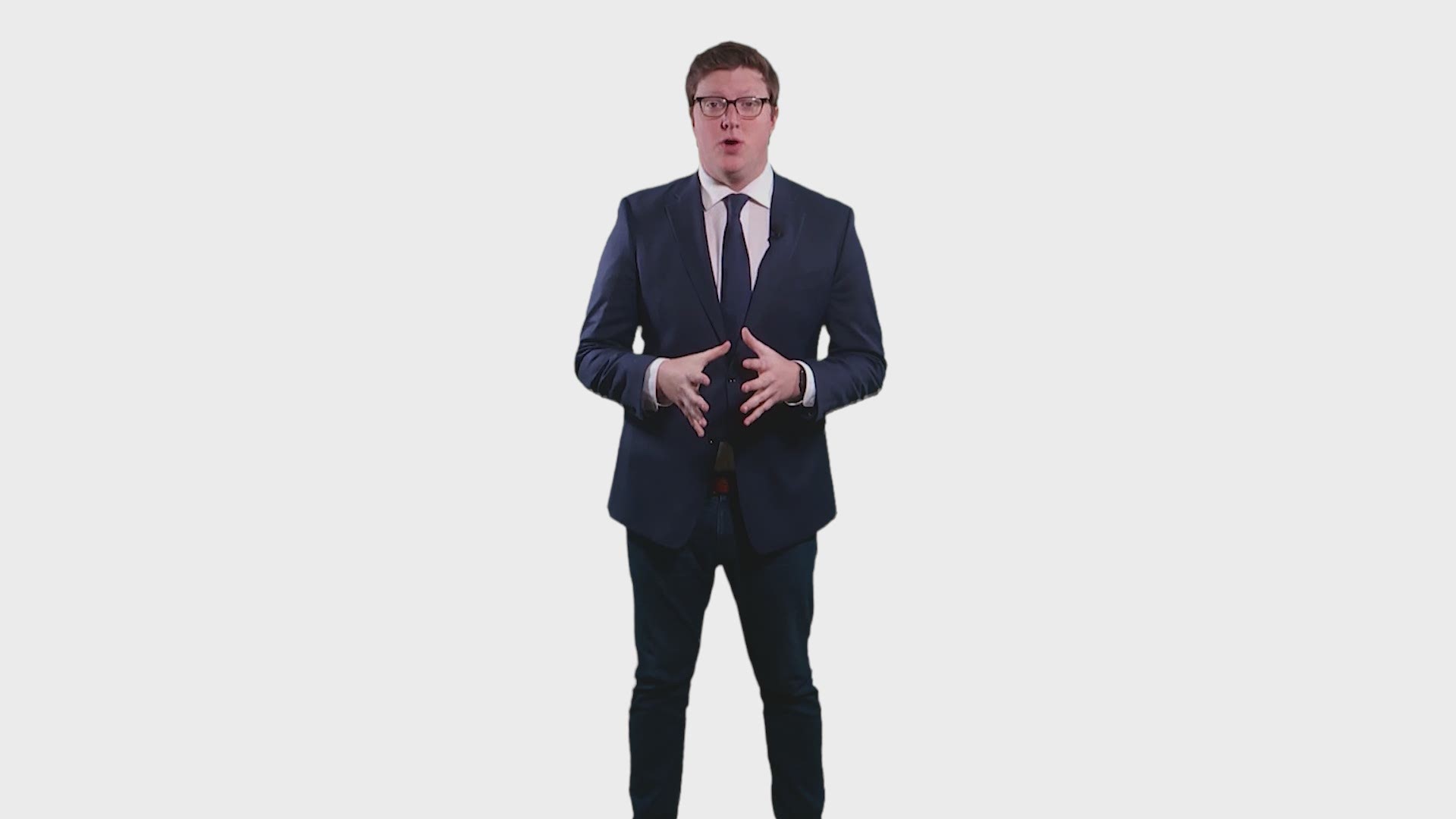SEATTLE — Plateauing COVID-19 cases are “concerning” to Washington health officials who worry about a potential fourth wave starting from the highest baseline in cases yet.
As of March 2, Washington recorded an average of 699 new cases per day over the previous seven days, according to data from the Washington State Department of Health (DOH). This is similar to average case counts Washington recorded throughout February, although regionally, western Washington saw a slight uptick in cases at the end of February, according to DOH. It’s also among the lowest average number of cases that Washington has seen since October.
However, health officials lament that cases still aren’t dropping.
“I’m concerned about what this means for the future and a possibility of a fourth wave of activity, along with the increases we are seeing in variants of the virus,” state epidemiologist Scott Lindquist said in a statement Friday.
Lindquist pointed out this plateau after the third wave of COVID-19 cases November through January is still higher than the plateaus after the first and second waves last spring and summer. During those plateaus, Washington recorded about 200 to 400 cases daily.
As of last week, Washington detected all three COVID-19 variants, some of which appear to be more easily transmissible. Washington detected the B.1.17 variant, which was first identified in the UK, in 99 COVID cases, according to the Centers for Disease Control and Prevention. It has detected the B.1.351 variant, which was first identified in South Africa, and the P.1 variant, which was first detected in Brazil, in a handful of cases.
Health officials say demographic trends are something to keep an eye on. Across the state, COVID-19 cases have recently increased among adults 20-40 years old, which DOH said has previously preceded case surges in the general population.
But dropping hospital admission rates among people over 70 was a bright spot, and health officials expect “a rapid decline” in COVID-19 cases among that group as people over 65 continue to be vaccinated.
To prevent a fourth wave of COVID-19 and keep the variants from spreading more quickly through the community, health officials urged people to keep up COVID-19 safety precautions, including wearing a mask, handwashing and social distancing.

